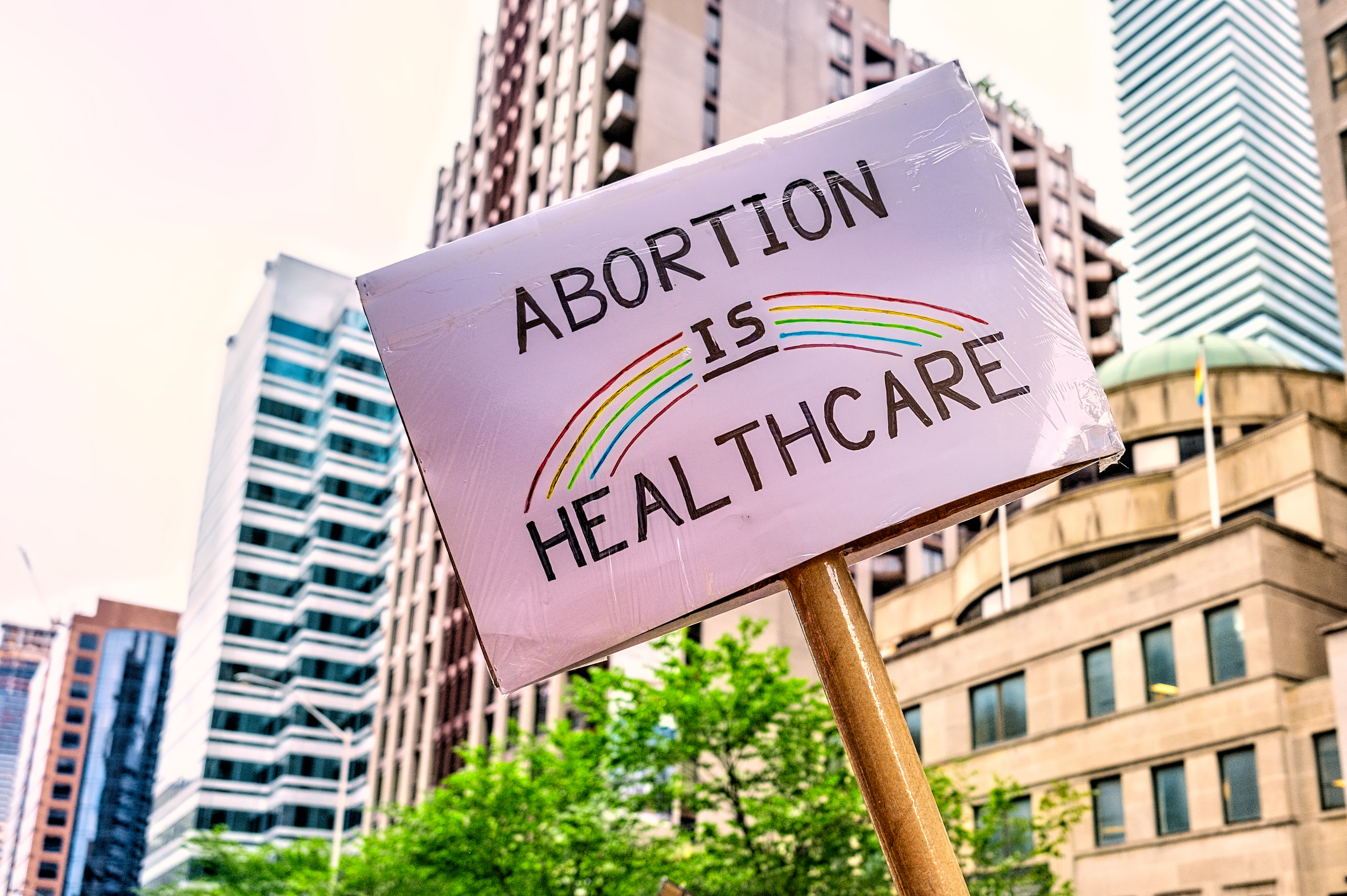For decades, physicians have advocated for and provided access to abortion in the United States, both prior to and after the Roe v. Wade decision in 1973.
Since Roe v. Wade was overturned in June 2022, the need for knowledgeable and effectively trained advocates is more critical than ever. In a new study in Health Promotion Practice, Associate Professor Meredith Manze, doctoral alum Amy Kwan, Assistant Professor Lynn Roberts, Associate Professor Heidi Jones and Professor Diana Romero sought the perspectives of select stakeholders by way of key informant interviews.
The researchers interviewed 15 sexual and reproductive health providers with expertise in organizational policy and advocacy, clinical leadership and education, media and reproductive justice. The analytic team conducted a thematic analysis, organizing findings within key informant perspectives on the role of physician advocates in the field of abortion and contraception; successes, failures and needs in abortion and contraception advocacy; and recommendations on the composition and components of an ideal clinician advocacy training program.
Key informants relayed that skill building related to communication, developing relationships with change-makers, and understanding political systems was critical for effective advocacy. They felt clinician advocacy training programs should include providers other than physicians and be designed for trainees to build relationships with one another over time.
“As abortion rights are increasingly restricted in the United States, designing effective advocacy programs is essential to ensuring abortion access,” said Manze. “The perspectives of these key informants can help inform advocacy training program curricula and offer strategic approaches to increasing equitable and widespread access to sexual and reproductive health services.”




